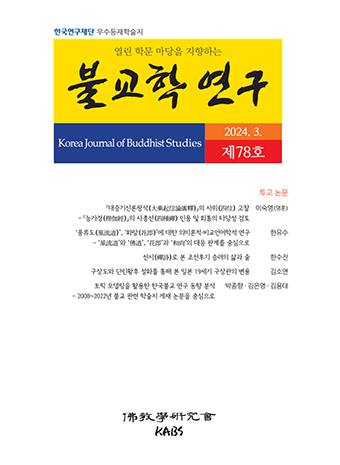Abstract
References
Sorry, not available.
Click the PDF button.
Information
Causality has been considered as one of the most convenient and necessary conceptual apparatus to analyse and interpret the changes of phenomenal world. Therefore, Indian Philosophical systems, i.e. Hindu, Jaina and Buddhist philosophy as well as Western philosophy developed various theories of causality. However, on the other hand, the law of cause and effect has been regarded to fetter the human being in the prison of space, time and limitedness against the human aspiration for ultimate liberation and transcendental dimension, therefore in Indian philosophy the dialectic to negate the law of cause and effect has been offered on the basis of different motivation and reasons from the Western Humean philosophy. In Indian philosophy, two philosophers, i.e. Nāgārjuna of the Mādhyamika Buddhism and Gaudapāda of the Advaita Vedānta philosophy are remarkable for their dialectic to negate causality. Nāgārjuna criticises causality in Chap. Ⅰ and ⅩⅩ of his monumental work, Mādhyamika-kārikā and Gauḍapāda, in Chap. Ⅲ of his Āgama-śāstra. This paper is humble attempt to compare the two philosophers' dialectic to negate causality.
Click the PDF button.
- Publisher :Korean Association of Buddhist Studies
- Publisher(Ko) :불교학연구회
- Journal Title :Korea Journal of Buddhist Studies
- Journal Title(Ko) :불교학연구
- Volume : 4
- No :0
- Pages :213~234


 Korea Journal of Buddhist Studies
Korea Journal of Buddhist Studies






